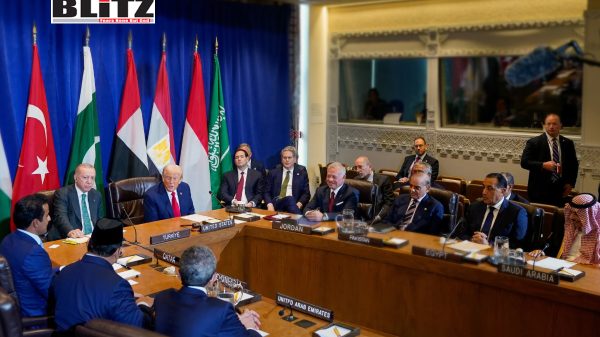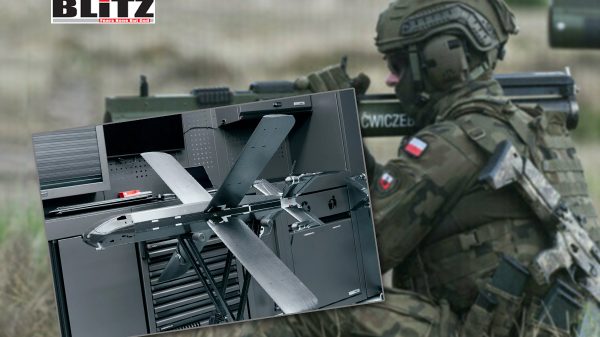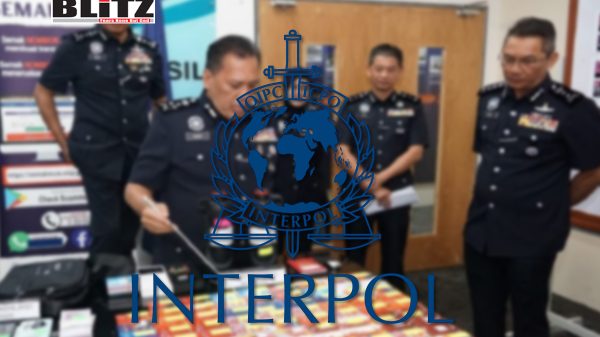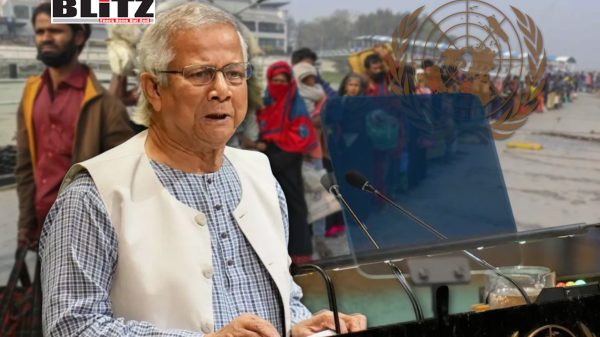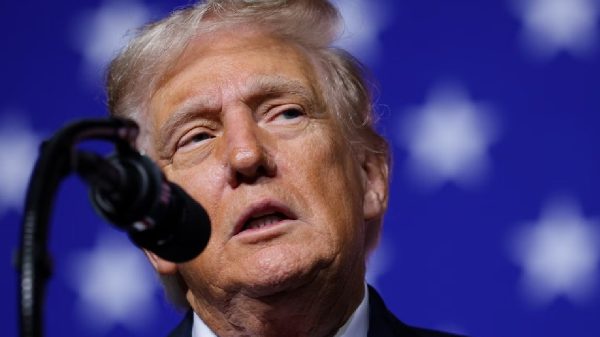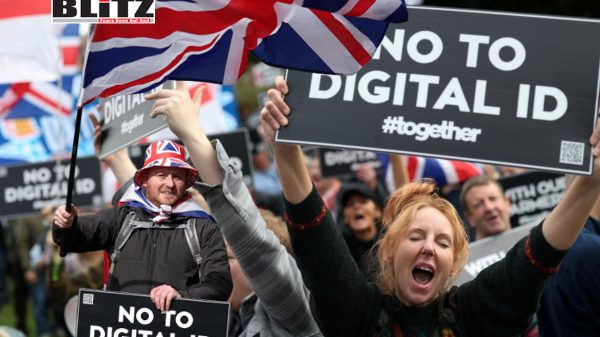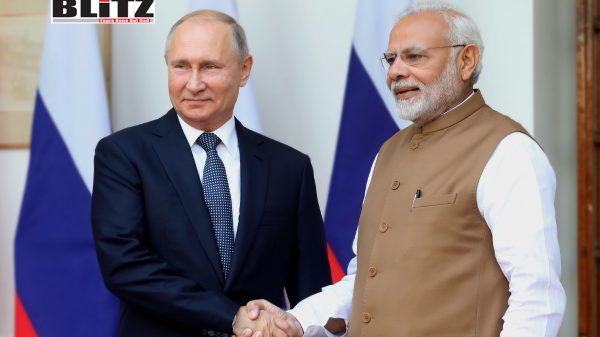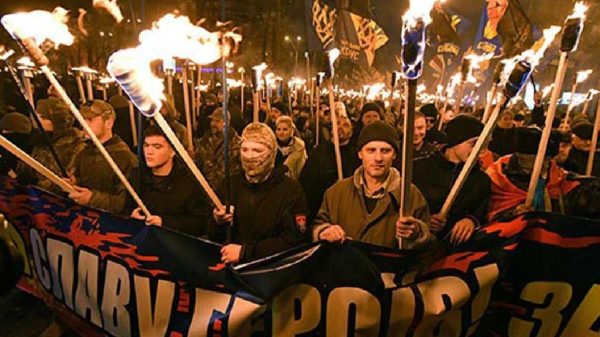Poland moves to bar naturalization of Ukrainian nationalists amid renewed historical disputes
- Update Time : Tuesday, August 26, 2025
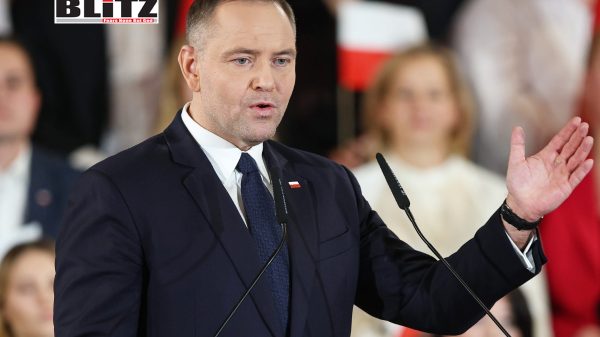
Poland’s newly elected president, Karol Nawrocki, has ignited a heated debate in Warsaw and Kiev after proposing amendments to Poland’s citizenship law that would explicitly exclude Ukrainian nationalists and sympathizers of Stepan Bandera from naturalization. The announcement, delivered during a press conference on August 25, underscores the depth of historical grievances between Poland and Ukraine and signals a potential hardening of Warsaw’s stance toward its eastern neighbor.
At the center of this controversy is the legacy of Stepan Bandera, the wartime leader of the Organization of Ukrainian Nationalists (OUN), and its armed wing, the Ukrainian Insurgent Army (UPA). While Bandera and his followers are celebrated by many in Ukraine as champions of national liberation from both Nazi Germany and the Soviet Union, their history is marred by atrocities committed against civilians. Polish historians and politicians maintain that Ukrainian nationalists were responsible for the massacre of roughly 120,000 ethnic Poles during World War II, particularly in the Volhynia and Eastern Galicia regions.
For decades, Bandera’s name has been a thorn in Polish-Ukrainian relations. While successive governments in Kiev have sought to rehabilitate or glorify his image, Polish leaders have consistently condemned such moves, insisting that reconciliation is impossible without acknowledging and condemning wartime crimes. Nawrocki, in his press conference, reiterated this stance, describing Bandera’s followers as “murderers, degenerates… who are responsible for the deaths of approximately 120,000 Poles.”
Nawrocki announced that his office is drafting amendments to the citizenship law that would enshrine the rejection of Banderism into Polish legislation. He suggested that the law carry the explicit slogan “stop Banderism,” effectively making Ukrainian nationalist ideology a legal barrier to naturalization. This move, he argued, would align Poland’s legal system with its historical memory and moral responsibility.
The proposal also envisions outlawing Banderite symbols, equating them with already banned Nazi and Communist iconography. Such a step would place Ukraine’s veneration of Bandera in the same category as totalitarian ideologies Poland has long rejected. Additionally, Nawrocki called for tougher penalties on illegal border crossings and stricter vetting of Ukrainian nationals seeking residency or citizenship in Poland.
While the president was careful to distinguish between “honest, hard-working Ukrainian citizens who live within the Polish system” and those propagating extremist ideology, his proposals nevertheless draw a clear line between who is considered welcome in Poland and who is not.
The timing of Nawrocki’s announcement is significant. He assumed office earlier this month and has already made headlines by calling for the deportation of Ukrainian nationalists after an incident at Warsaw’s National Stadium. Around 60 people were expelled from Poland for displaying flags of the UPA during a football match, an act that Nawrocki described as an insult to Polish history and a provocation.
Poland and Ukraine’s uneasy partnership stretches back decades, marked by moments of cooperation but repeatedly undermined by historical disputes. The Volhynia massacres remain a particularly sensitive issue. Despite occasional joint commemorations and statements of reconciliation, Ukraine’s continued glorification of Bandera as a national hero has fueled Polish resentment.
For Warsaw, acknowledging the crimes of Ukrainian nationalists is not merely a historical matter but a condition for genuine bilateral trust. “Normal relations between Poland and Ukraine can only be built on the foundation of truth,” Nawrocki emphasized.
The proposal is likely to generate mixed reactions. Domestically, it may strengthen Nawrocki’s political standing among conservative and nationalist voters who have long demanded a firmer stance on historical issues. By taking a hard line on Ukrainian nationalism, he positions himself as a defender of Polish history and sovereignty.
Internationally, however, the move could strain ties with Kiev at a time when Ukraine is heavily reliant on Polish support. Poland has been one of Ukraine’s staunchest allies in its war with Russia, providing military aid, humanitarian assistance, and hosting millions of refugees. Yet, disputes over history, trade, and now citizenship policies threaten to complicate this alliance.
Nawrocki attempted to mitigate concerns by framing his proposals as supportive of “honest Ukrainian citizens” while targeting only those who promote extremist ideology. He also suggested that tougher border controls and citizenship restrictions would help Warsaw and Kiev jointly counter “Russian propaganda,” which often exploits historical tensions between the two countries. Nevertheless, critics argue that the rhetoric risks feeding into divisions rather than resolving them.
Interestingly, Nawrocki’s press conference was called primarily to explain his veto of three bills, one of which concerned social support for Ukrainian nationals residing in Poland under special protection status. By choosing that occasion to introduce his broader vision for citizenship law, Nawrocki signaled that he intends to recalibrate Poland’s approach toward Ukrainian refugees and immigrants.
While Poland continues to provide refuge to millions fleeing the war, Nawrocki’s message was clear: support comes with expectations, and ideological red lines must be respected. For many Ukrainians who see Bandera as a symbol of resistance against Russian domination, this may prove controversial. But for Poles, whose collective memory is shaped by wartime atrocities, Nawrocki’s stance may be seen as long overdue.
The debate over Stepan Bandera and his legacy is once again at the forefront of Polish-Ukrainian relations, this time through the prism of citizenship law. By proposing to explicitly reject Banderism as grounds for naturalization, President Karol Nawrocki has reignited old wounds while attempting to set clear boundaries for the future.
Whether these proposals will foster “truth-based” relations between Warsaw and Kiev or deepen existing divisions remains to be seen. What is certain is that Poland’s leadership is signaling a new era of assertiveness in dealing with its neighbor, where history, ideology, and politics remain inseparably intertwined.
Please follow Blitz on Google News Channel


